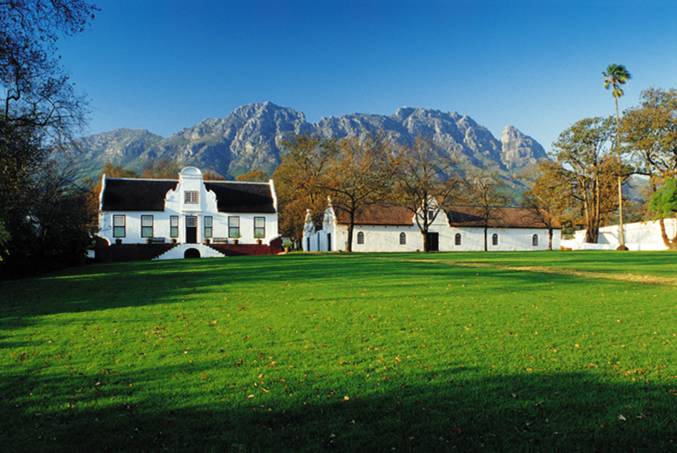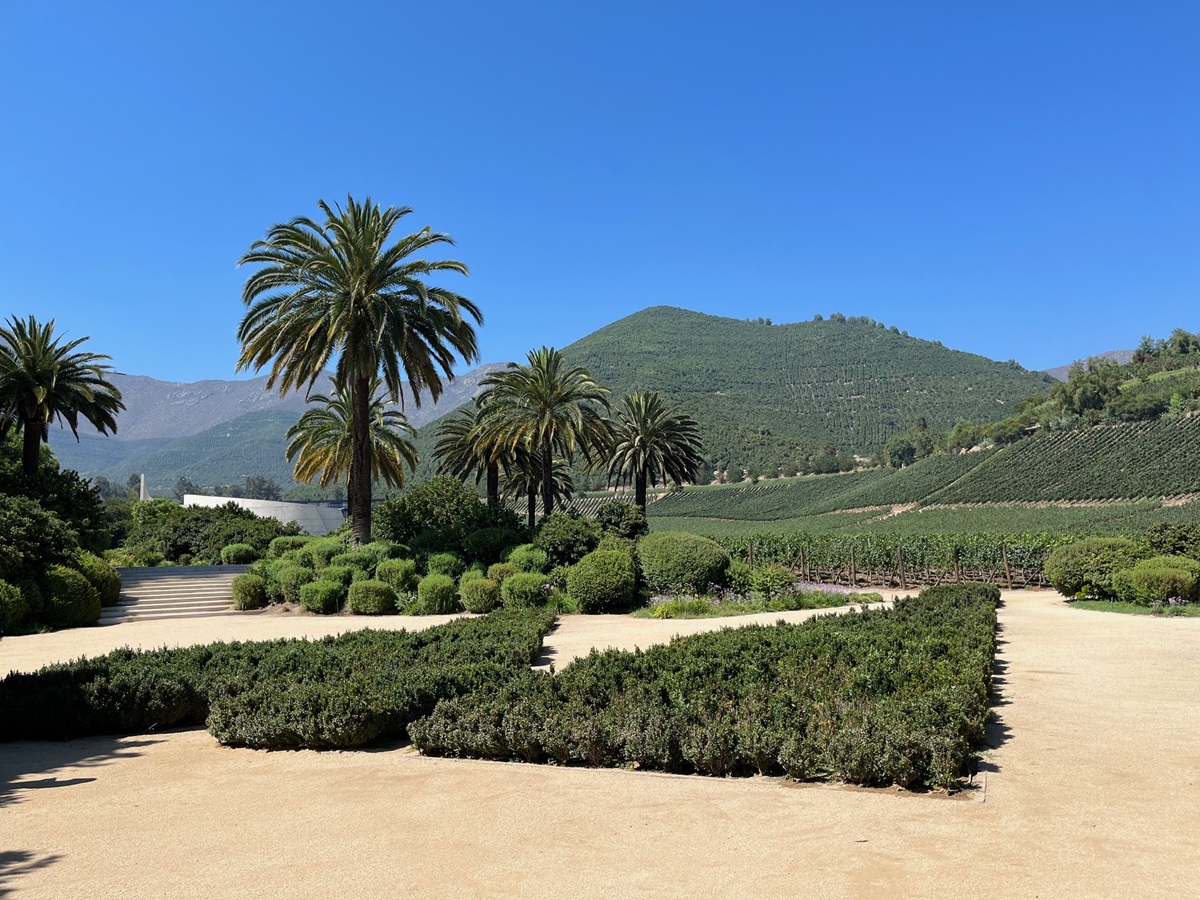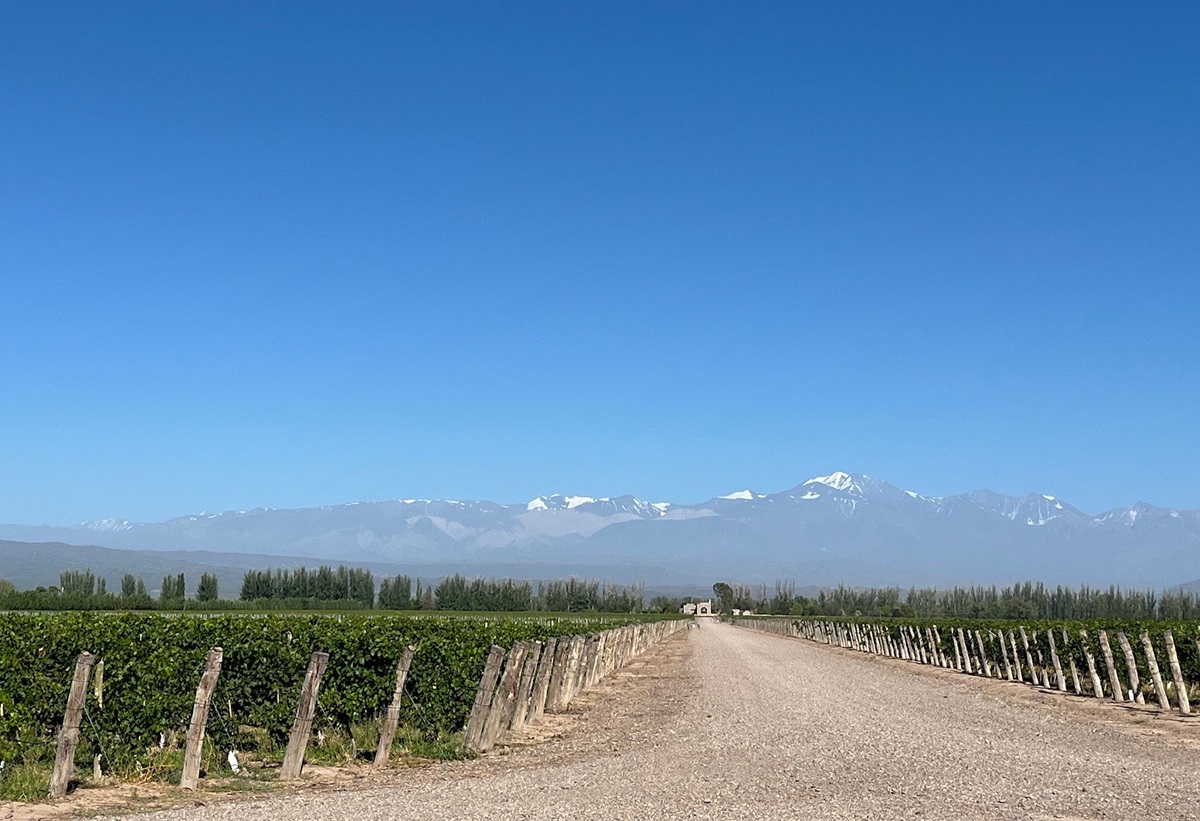TURNING JAPANESE
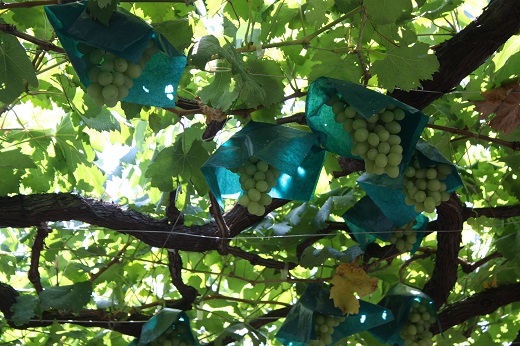
by Rose Murray Brown MW Published in The Scotsman 12 July 2014
Sake, shochu and green tea are Japan’s most famous drinks, but what about Japanese grape wine? The first Japanese wine ever to be listed by a UK supermarket is now on our shelves, so now is your chance to discover the unusual vinous delights of this exotic new Asian wine country.
Japan might be ‘new’ to UK wine lovers, but its modern day wine industry began in 1875 when its government sent researchers off to Europe to study methods and bring back vines. Initially the vineyards were first centred in the warmer area of the Kofu Basin in Yamanashi, central Honshu, but are now in Osaka, Shimane, Yamagata and Tottori prefectures too.
Japan today has no less than 250 producers, with a recent rise of smaller boutique wineries, like Grace winery. Quality has significantly improved thanks to overcoming the viticultural challenges that Japan’s climate of high humidity, summer rains, typhoons, as well as its exceedingly fertile acidity soils, can bring. Well drained volcanic slopes are highly prized here, hence the high price of land and resulting high wine prices.
Whilst the Japanese do try to grow Chardonnay, Cabernet Sauvignon and Merlot, it is the delicate pink-skinned Koshu grape that everyone is talking about. This is Japan’s premium native vitis vinifera grape, yet there seem to be wildly conflicting ideas as to Koshu’s actual origin. Some claim it is a descendant of a wild vine, first discovered in Katsunuma in Yamanashi, in 1186. According to Swiss grape geneticist Jose Vouillamoz, Koshu belongs to the European vitis vinifera family so it is more likely to have been introduced from Europe or cross bred with two vinifera parent vines – but Vouillamoz’s DNA analysis has not yet found a match with any known variety.
Whatever its origins, Koshu is the main Japanese grape to remember. It has 175 hectares of vineyards, 90% of which is grown in Yamanashi – but it is basically a table grape so the wines made from Koshu do not really resemble the wines we are accustomed to from Sauvignon Blanc and Chardonnay. However it is the best of all grapes you are currently likely to encounter in Japan. The others are hardy hybrids like thick-skinned Muscat-Bailey-A and Campbell Early which are disease resistant, but which produce wines that taste of confected candy.
Marks & Spencer’s new Japanese listing is made from the white Koshu grape grown on volcanic soil – and I found it rather intriguing. It is one of the most delicate subtle wines I have tasted, with a light alcohol level under 12% and dry finish with just 2.2g/l residual sugar. Made in a very reductive way with cool fermentation temperatures and minimum air contact. A lightweight it might be, with a short length of flavour, but its delicacy is perfect for matching with sushi and other light oriental fish and rice dishes.
This light style of wine is now much prized in Japan. In the past many Japanese wines were sweet, made from high yielding grapes grown on pergolas – and certainly not to a westerner’s taste. Now the idea is to try to restrict high sugar levels, with the use of paper umbrellas (pictured above) carefully placed above each bunch on the vines to protect them from the hot sun. In the past chemical treatments had been used rather too widely to protect grapes from rot and disease in Japan’s humid wet climate, but now winemakers like Takahiko Nozawa of Kurambon winery who crafted M&S’ Japanese wine are working hard to reduce treatments moving to organic viticulture in their vineyards on the slopes of Mount Fuji.
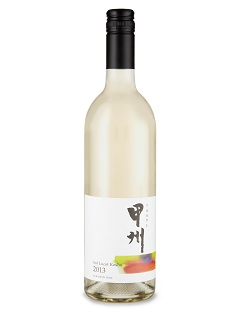 TASTE TEST:
TASTE TEST:
SOL LUCET KOSHU 2013
(£12.99 Marks & Spencer)
Alcohol: 11.5%
Grape: Koshu
Winery: Kurambon winery
Origin: Yamanashi
Taste: Very attractive label, light floral nose, hint of citric fruits, very crisp, lively acidity with lemongrass undertones, very light delicate finish. Suit those who prefer Muscadet to Montrachet. STAR BUY
HISHIJAMI PRIVATE RESERVE KOSHU 2012
(£16.96 www.thedrinkshop.com)
Alcohol: 12%
Grape: Koshu
Winery: Grace winery
Origin: Yamanashi
Taste: Subtle appley aromas, initial burst of citric fruits, but finishes very short; too expensive.
Join Rose’s Tasmania Masterclass on Wed 24 Sept in Edinburgh £40 www.rosemurraybrown.com
wine tastings
The perfect gift for the wine enthusiast in the family. Rose does In-person tastings too.
cellar advice
Rose does cellar valuations for private clients, valuations for insurers & bespoke portfolio management.
Related stories
March 31, 2024
By Rose Murray Brown MW Published in The Scotsman 30 March 2024 On 2 February 1659, the first wine made from grapes grown in South Africa was crafted by the Governor of the Cape, Jan van Riebeeck. He had planted vines four years earlier in the Company’s Garden near Cape Town from cuttings imported from France. Van Riebeeck’s first
March 24, 2024
By Rose Murray Brown MW Published in The Scotsman 16 March 2024 Heatwaves and bushfires were very much on the agenda when I visited Chile last month as winemakers prepared for their 2024 harvest in blistering heat and drought, with a plume of smoke from the devastating fires lingering over coastal hills. Heat and drought are the greatest challenges
March 23, 2024
By Rose Murray Brown MW Published in The Scotsman 9 March 2024 I have two glasses of Malbec in my hands from the same high-altitude vineyard in Uco valley in Argentina. I am in the Catena Institute of Wine in Mendoza with winemaker Agustin Silva. He has asked me to taste the two wines, both from the 1500m high

